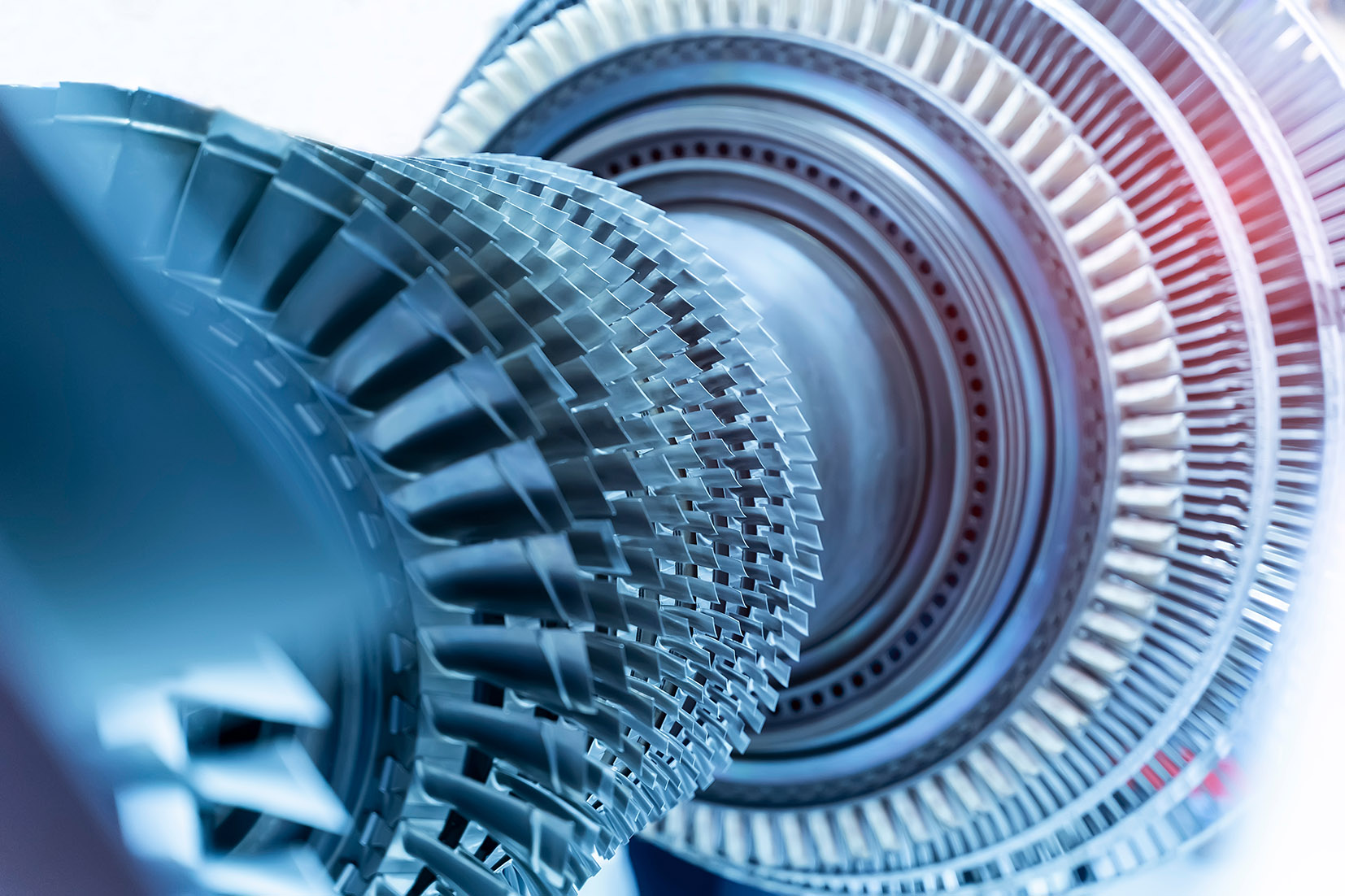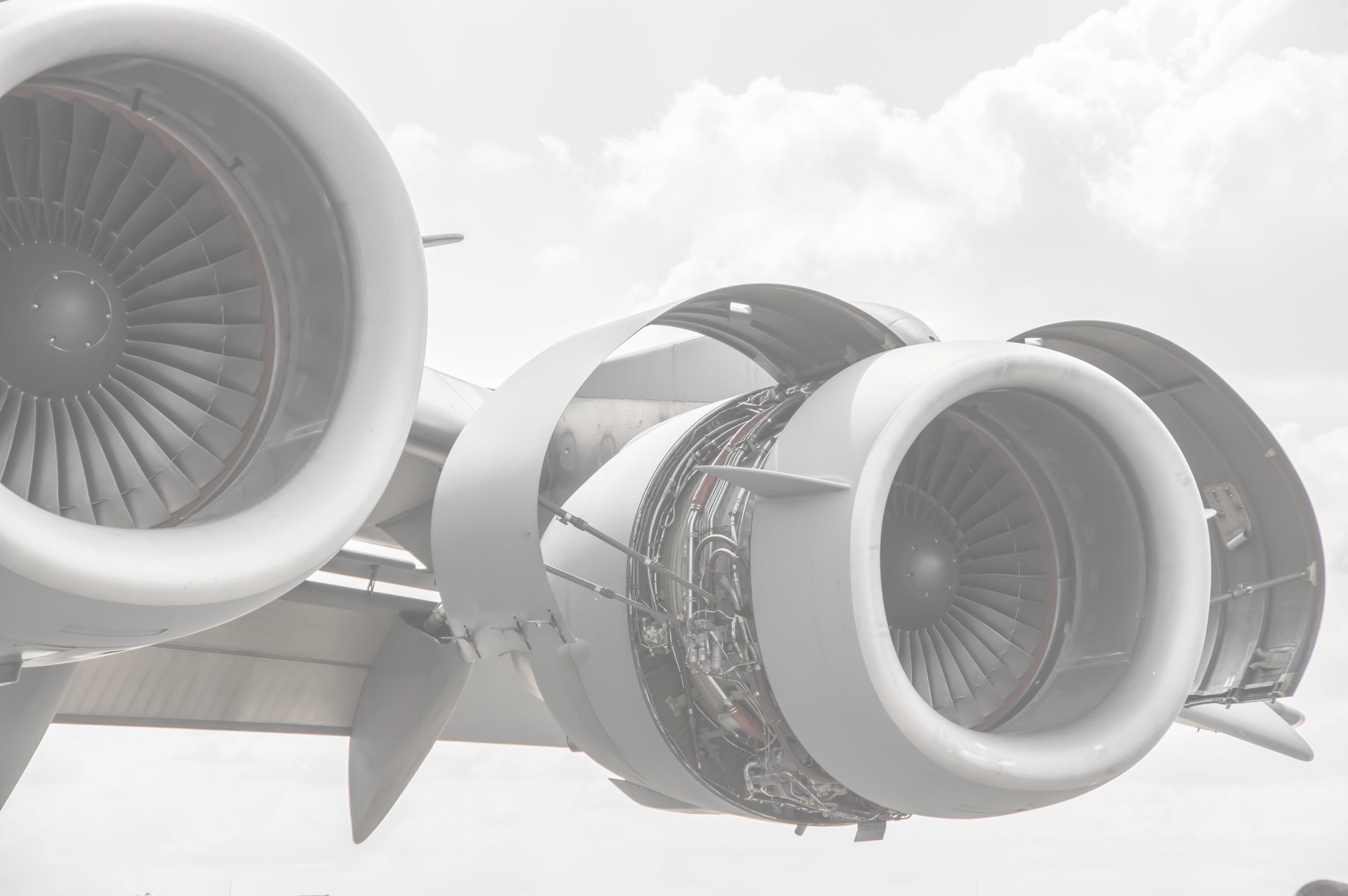South Dakota-based resin 3D printer manufacturer B9Creations has been selected by aerospace manufacturer Consolidated Precision Products (CPP) to accelerate the production of ultra-precision jet engine turbine blades.
This agreement sees the firm become the Global Additive Manufacturing Partner for CPP and its subsidiary Poly6 Technologies.
B9Creations and Poly6’s relationship began over 6 years ago, with the 3D printer OEM playing a key role in developing the aerospace firm’s industrial manufacturing process.
“Poly6 surveyed the SLA / DLP industry and found no other company that matched the process control, hardware consistency, customer service and unit economics of B9C, applicable to industrial manufacturing,” stated Matthew Stellmaker, Poly6 Founder.
This collaboration has seen B9Creations provide off-the-shelf 3D printers, semi-custom hardware capable of meeting stringent dimensional accuracy requirements, and software tools to support production workflow management. This new agreement sees B9Creations continue its commitment to scale the production of high-pressure turbine components for next-generation commercial engines.
“CPP’s capability to provide high pressure turbine components to OEMs is enhanced through the success of Poly6,” added CPP CEO James Stewart. “The alliance with B9Creations has enabled Poly6 to redefine dimensional control and agility while meeting strict aerospace standards.”

B9Creations enhances aerospace manufacturing
Founded in 1991, CPP has grown to run 16 global facilities and employ over 4,500 people. The firm specializes in manufacturing high-precision aerospace and gas turbine components with complex geometries. These include engine housings, gearboxes, front frames, shrouds, panels, fairings, blades and vanes.
CPP sought to advance the production of high-efficiency engine components with the acquisition of Poly6 Technologies in 2019. It uses the company’s technology to produce high-precision aerospace components more efficiently and at higher speeds. This scalability has been supported by B9Creations’ additive manufacturing technology and expertise.
More than 60% of B9Creations’ hardware, software and material offerings are specifically tailored to customer applications. The company has already developed several customized solutions to support Poly6 and CPP’s production of flight-ready aerospace parts.
This includes a software tool designed to optimize production processes and parameters for additive manufacturing. B9Creations’ software has also been integrated into Poly6’s manufacturing execution system (MES) to track and control the entire production lifecycle. Similarly, the firm has also developed additive manufacturing technology and fleet management software. This has reportedly enabled Poly6 to move from prototyping to scaled production using its continuous isotropic 3D printing technology.
On the hardware slide, B9Creations has supplied CPP and Poly6 with a suite of custom 3D printers designed to meet the build area and dimensional accuracy requirements of turbine blade applications. Additionally, the South Dakota-based company has also leveraged its lean manufacturing expertise to improve site layout, production optimization, installation, operational and performance qualifications
According to Shon Anderson, B9Creations CEO, supporting companies to address workforce, capital, and capacity challenges with additive manufacturing is the firm’s primary goal.
“Ownership and mastery of the intersection of our IP, hardware, software, and materials capabilities and owning our own production here in the USA enables us to readily customize our additive manufacturing systems to specific applications and address pressing business challenges at all points of scale,” added Anderson.

3D printing aerospace components
CPP and Ploy6 are not the only companies to scale the production of aerospace components with additive manufacturing. GE Aerospace recently announced plans to invest over $650 million to scale the production of its 3D printed jet engines.
The 2024 investment plan will support GE Aerospace’s efforts to scale production of its 3D printing-enabled LEAP engines, which power the Airbus A320neo, Boeing 737 MAX, and COMAC C919 aircraft. The finances will also be leveraged to enable full-scale production of the company’s GE9X engines. Designed specifically for Boeing 777X jets, these engines feature over 300 3D printed parts.
This follows a similar investment last year when GE Aerospace injected $335 million to improve assembly, boost capacity, and enhance safety infrastructure at its facilities throughout the US.
Elsewhere, aerospace firm Aerojet Rocketdyne has been awarded a $22 million contract by the US Department of Defense (DoD) to 3D print a prototype hypersonic propulsion system. Part of the DoD’s Growing Additive Manufacturing Maturity for Airbreathing Hypersonics (GAMMA-H) challenge, the prototype will support the Pentagon’s efforts to develop new manufacturing processes for hypersonic weapon systems.
Away from jet engines, US defense company Northrop Grumman Corporation was recently supplied with three 3D printed RF Antenna Feed Chains from Swiss advanced satellite products and Radio Frequency (RF) systems provider SWISSto12. The fully integrated antenna components will be used for the GEOStar-3 commercial satellite program.
Want to help select the winners of the 2024 3D Printing Industry Awards? Join the Expert Committee today.
What does the future of 3D printing hold?
What near-term 3D printing trends have been highlighted by industry experts?
Subscribe to the 3D Printing Industry newsletter to keep up to date with the latest 3D printing news.
You can also follow us on Twitter, like our Facebook page, and subscribe to the 3D Printing Industry Youtube channel to access more exclusive content.
Featured image shows the Internal Structure of a jet engine, including turbine blades. Image via Goodfellow Cambridge.


